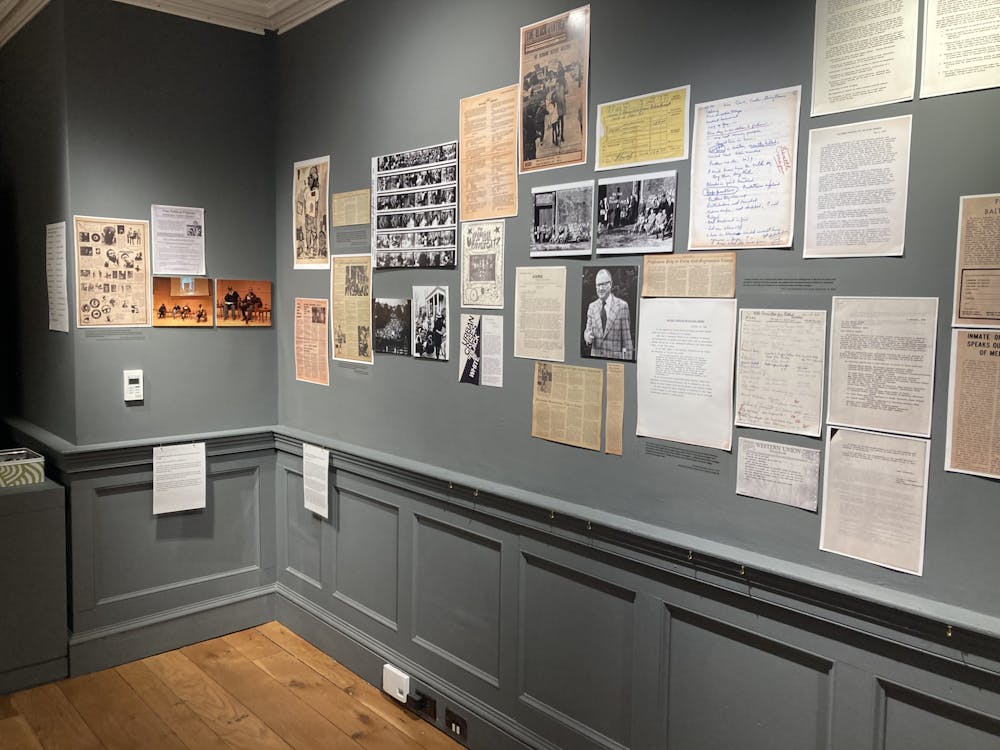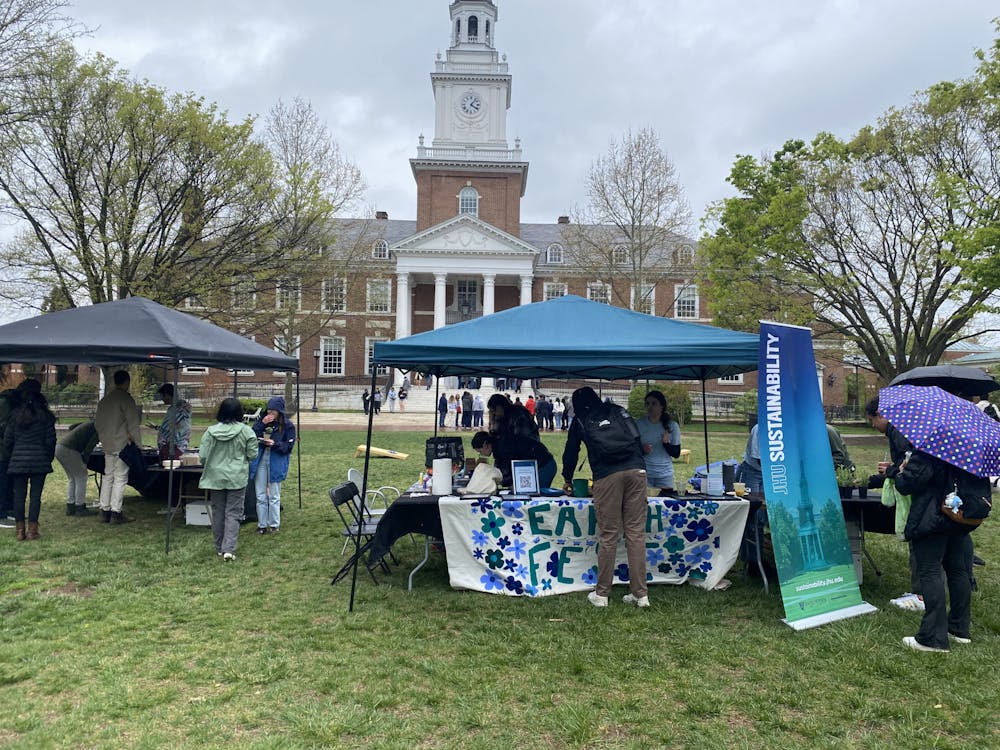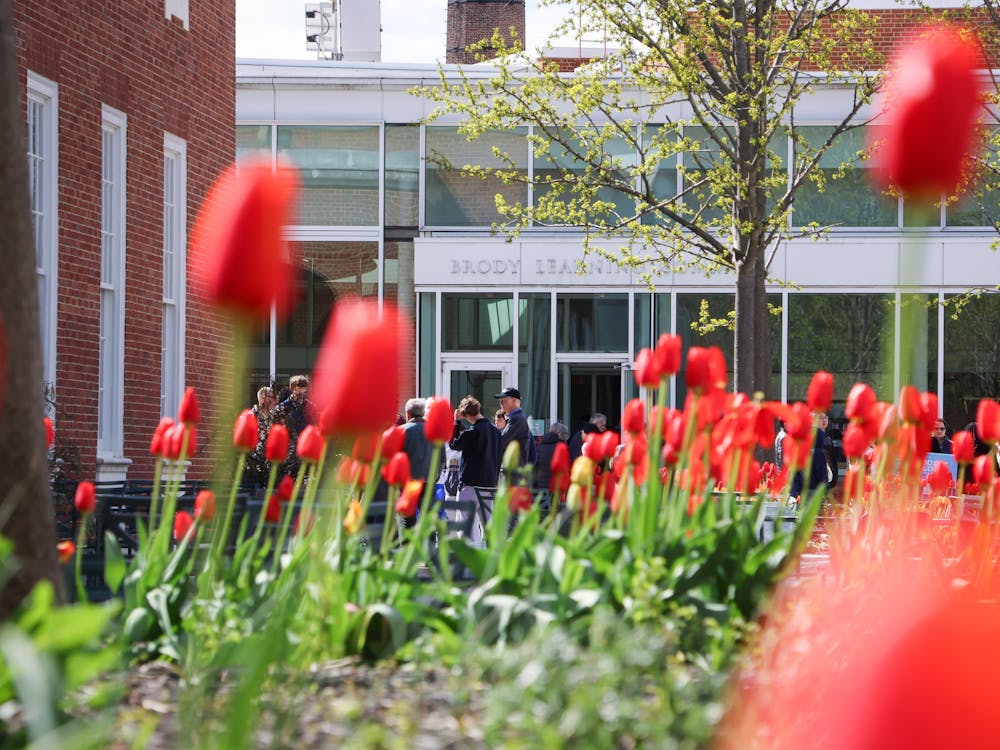The Arrighi Center for Global Studies hosted a seminar by George Steinmetz, Charles Tilly Collegiate Professor of Sociology and Germanic Languages and Literatures at the University of Michigan, as part of its seminar series on Practical Ethics, last Friday.
The seminar, titled “Historical Sociology, Ethics, Policy and Politics,” focused on the ethics of policy-engaged research. Steinmetz has spent much of his career studying policy-making and and the relationship between social science research and state policies around the world. After an hour-long lecture, participants had the opportunity to ask questions.
Steinmetz’s argument revolved around the importance of autonomy for universities, particularly for researchers and professors in the social sciences and the humanities.
“I noticed in the announcement for the seminar that the topic for the year was on the capitalist university and the critical pedagogy,” Steinmetz said. “And I thought it might be interesting to try and connect these two things. So I decided to try and situate American sociology and policy research within an overall model of the American research university.”
According to Steinmetz, the work of university professors and researchers is not kept separate from the interests of outside actors in the status quo. He expressed his belief that it was important that universities be more autonomous, separate from businesses, the state and social movements.
“For anyone interested in improving the scientific quality of social science and the critical quality of social science, I think it’s an urgent task to resist these kinds of external pressures,” he said. “To have a sense of where they’re coming from, what they’re trying to do and what the urgency is behind constantly making sociology immediately useful for political economic and social clients.”
Steinmetz expressed his interest in the way that policy science can threaten a university’s autonomy. In order to explain this threat, he spent the lecture reflecting on the history of social scientists, autonomy and heteronomy within American universities.
“We need a philosophy of social science in order to distinguish among healthy and pathological conditions for knowledge publication,” he said.
Steinmetz went on to outline his argument, which consisted of five parts: first, the history of sociology as a case study of policy research, second, Pierre Bourdieu's field theory, third, history of the American university, fourth, the philosophy of science and its relevance to the question of policy research, and fifth, the conjunction of policy and politics and ethics.
While discussing the history of sociology, Steinmetz stated that America was haunted by what he termed the ‘demon of cameralism’.
“Cameralism is not a word that anyone is familiar with nowadays in American sociology, unless they’re very historically oriented.” he said. “But the argument is that cameralist demon haunts American social science. My point is not that the US was ever a country that was particularly involved in a cameralist tradition.”
According to Steinmetz, cameralism, which he describes in his paper Should Comparative Historical Sociology Save the World? as sociology’s most direct ancestor, was also known as policy science in Central Europe and Russia and was a kind of an early modern form of expert policy advice to European monarchs, cabinets and princes. It was concentrated in places like Prussia, Russia and France. He wrote in his paper that sociology has never suffered from a lack of applied or policy-oriented research, and that the ‘Cameralist demon has resurfaced again and again.’
“The American university and its social scientists were less autonomous from capitalist corporations and from the -- broadly speaking -- field of power than their European counterparts,” he said at the seminar.
Beverly Silver, the director of the Arrighi Center for Global Studies and chair of the Department of Sociology, elaborated on Steinmetz’s argument regarding the relationship between sociology and policy-making.
“Professor Steinmetz explained that the connections between sociology and policy-making are not necessarily recent - not products of neoliberalism - but they date back to the origins of the discipline,” Silver wrote in an email to The News-Letter,
Steinmetz also touched on the difficulty of engaging with social policy research without having an explicit theory of ethics. A serious problem, he said, is that social scientists cannot justify the outcomes they are trying to obtain through policy interventions without an explicit theory of ethics.
Silver explained the significance of this particular seminar, which was part of a series designed to foster discussion on ethical issues faced by universities as they grapple with their relationships with the communities in which they are set.
“We thought it was important to discuss the financial and political pressures on the choice of research topics and teaching -- on the production of knowledge -- including the pressures to make work relevant to corporations and states,” she wrote. “Professor George Steinmetz was a perfect choice for a discussion of this topic.”
Senior Corey Payne challenged Steinmetz’s view that universities should be autonomous from social movements.
“While I tended to agree with him that academia should resist heteronomy with the state and with capital, I find the prospect of building a wall between the university and social movements to be hierarchical and misguided,” Payne wrote in an email to The News-Letter.
Overall, Payne felt the seminar was a rewarding experience, largely because it allowed for such discussion.
“Seminars like these are one of the best parts of university life,” he wrote. “It creates a space for us to discuss important ideas that would otherwise not be available. The Arrighi Center and Professor Silver do a great job, in my view, providing opportunities like this. I hope to see more undergraduate students in attendance at future seminars. The next one is on Hopkins as a landlord, and it will no doubt be an interesting and critical event.”
Correction: Pierre Bourdieu's field theory was mistakenly referred to as "peer board field theory."






















Please note All comments are eligible for publication in The News-Letter.